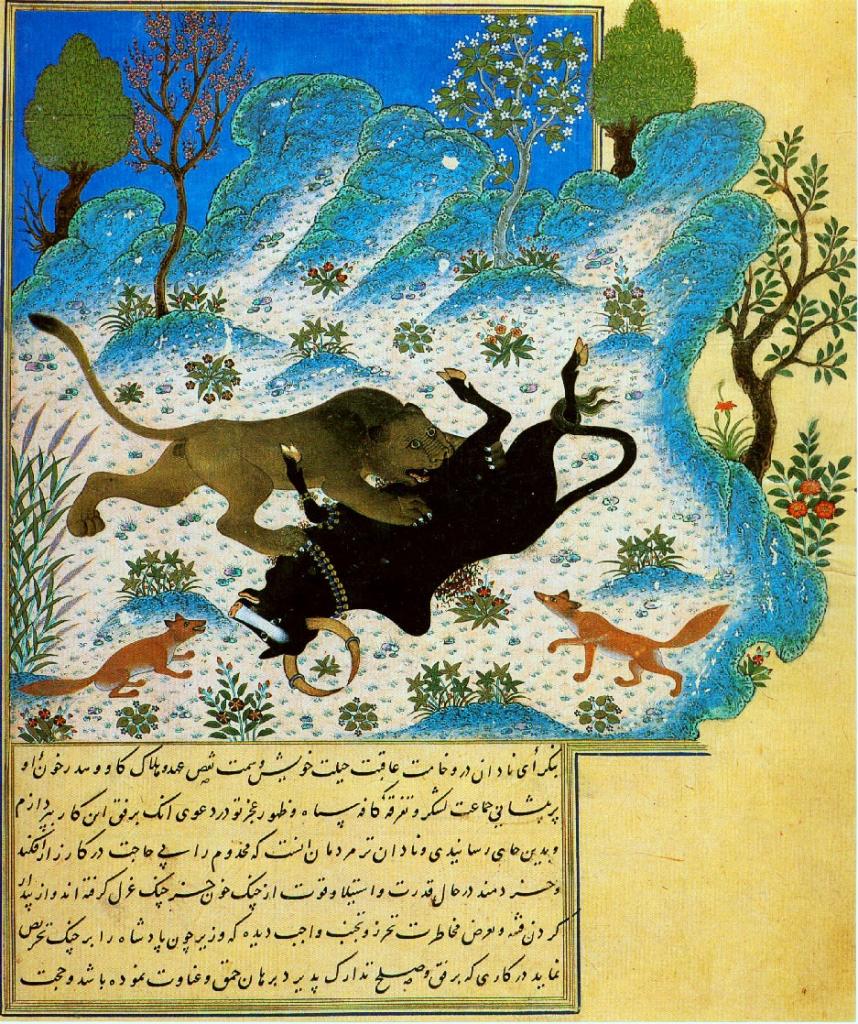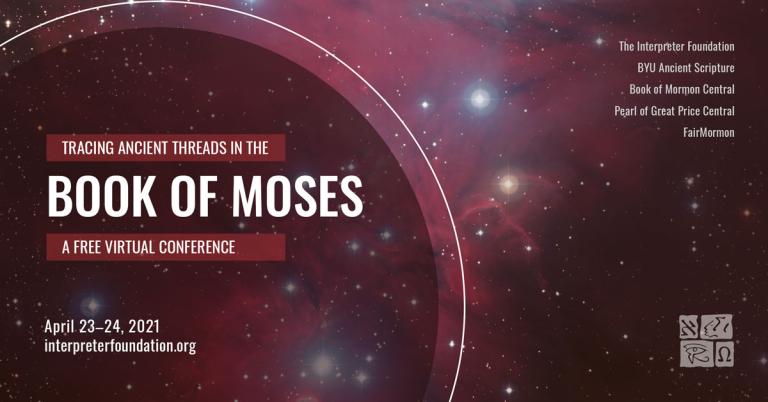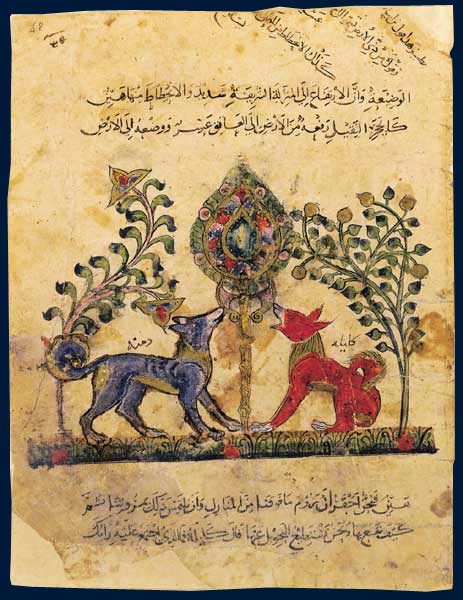
(Wikimedia Commons public domain image)
The very first book that we read in the Islamic Humanities class (IHUM 242) that I teach during both fall and winter semesters (and am teaching right now, have just taught this afternoon) is the eighth-century AD Kalila wa Dimna of Ibn al-Muqaffa‘. It is an animal fable that can be read — in fact, it almost certainly must be read — as a satire upon life in a royal court and on the perils and dangers that one faces from court intrigue and disingenuous false friends.
Relatively few of those in my classes will go on to be princes or princesses, but a number of them will eventually work in business offices. Some of those offices will feature at least one scheming false friend, one rival. So I thought that, even apart from its intrinsic merits, the Kalila wa Dimna might be a book to which members of the class will be inclined to return (or even to re-read) at some point later in their lives, as it will have taken on a specific meaning for them.
In recent years, I’ve begun my discussion of the Kalila wa Dimna with a quotation from Charles Duhigg, Pulitzer Prize-winning investigative reporter at the New York Times. He is referring to 1982 book by Richard Nelson and Sidney Winter, of Yale, entitled An Evolutionary Theory of Economic Change:
Most economists are accustomed to treating companies as idyllic places where everyone is devoted to a common goal: making as much money as possible. Nelson and Winter pointed out that, in the real world, that’s not how things work at all. Companies aren’t big happy families where everyone plays together nicely. Rather, most workplaces are made up of fiefdoms where executives compete for power and credit, often in hidden skirmishes that make their own performances appear superior and their rivals’ seem worse. Divisions compete for resources and sabotage each other to steal glory. Bosses pit their subordinates against one another to that no one can mount a coup.
Companies aren’t families. They’re battlefields in a civil war.[1]
[1] Charles Duhigg, The Power of Habit: Why We Do What We Do in Life and Business (New York: Random House, 2014), 162.
I hope that Duhigg’s judgment is a bit too harsh with regard to most companies. Still, I think that it contains some truth and that Kalila wa Dimna can provide at least some wisdom to apply in such cases.











